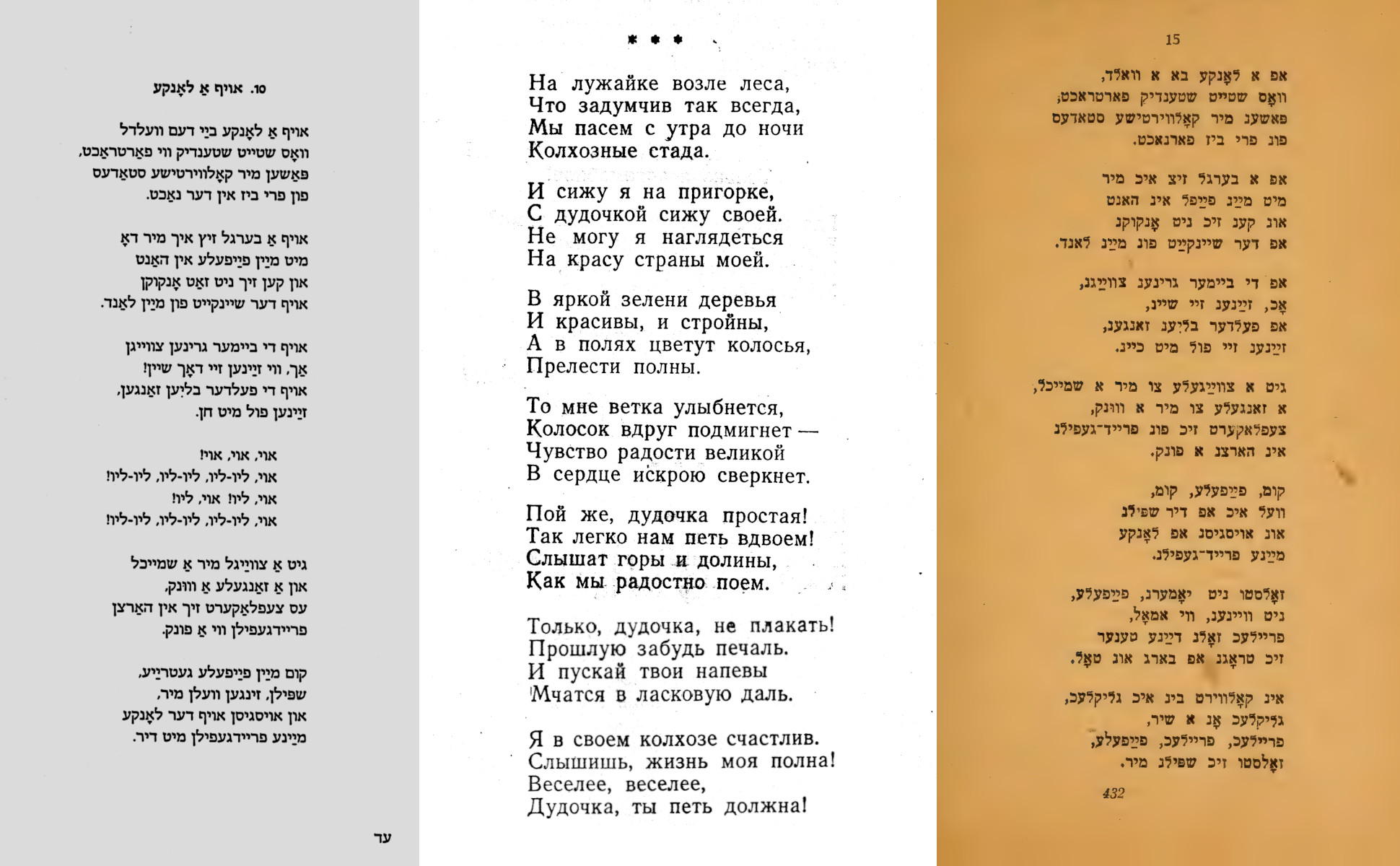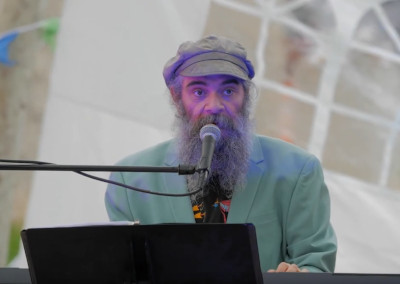
Alexander Gorodnitsky in Yiddish
Alexander Gorodnitsky in Yiddish
Alexander Gorodnitsky is a world-famous geologist, one of the founders of the Soviet “bardic” song genre (independent singer-songwriters’ style somewhat similar to American folk music revival of the 1960s). The asteroid 5988 Gorodnitskij is named after him. His songs about expeditions to the Arctic are based on personal field experience. Gorodnitsky considers Yiddish, the language of his ancestors, a very important part of his personal cultural heritage.
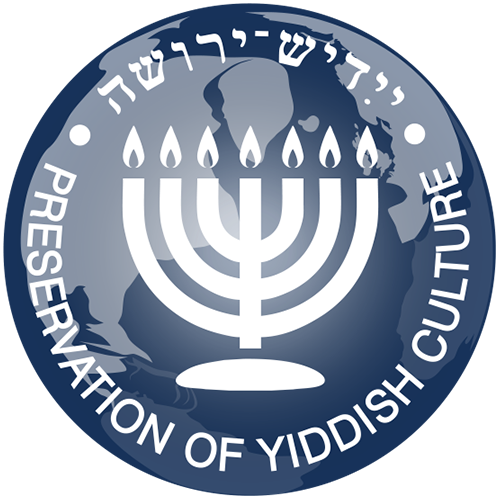

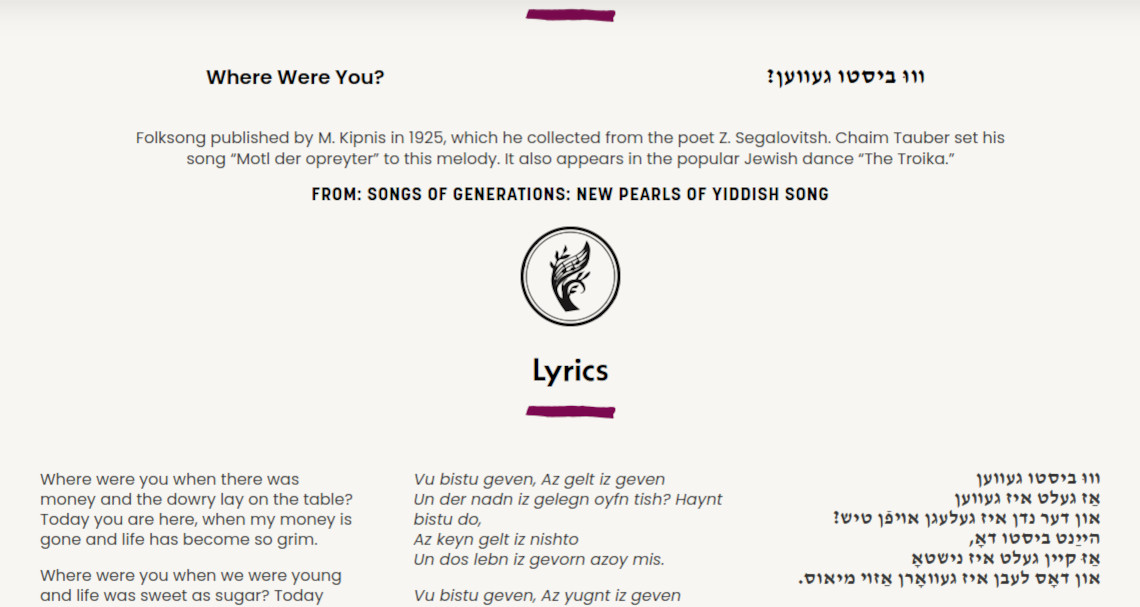
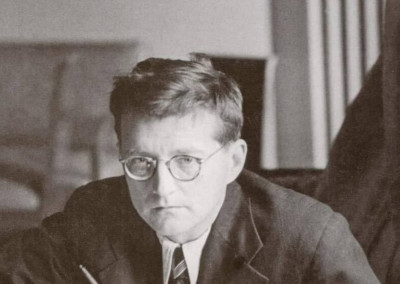
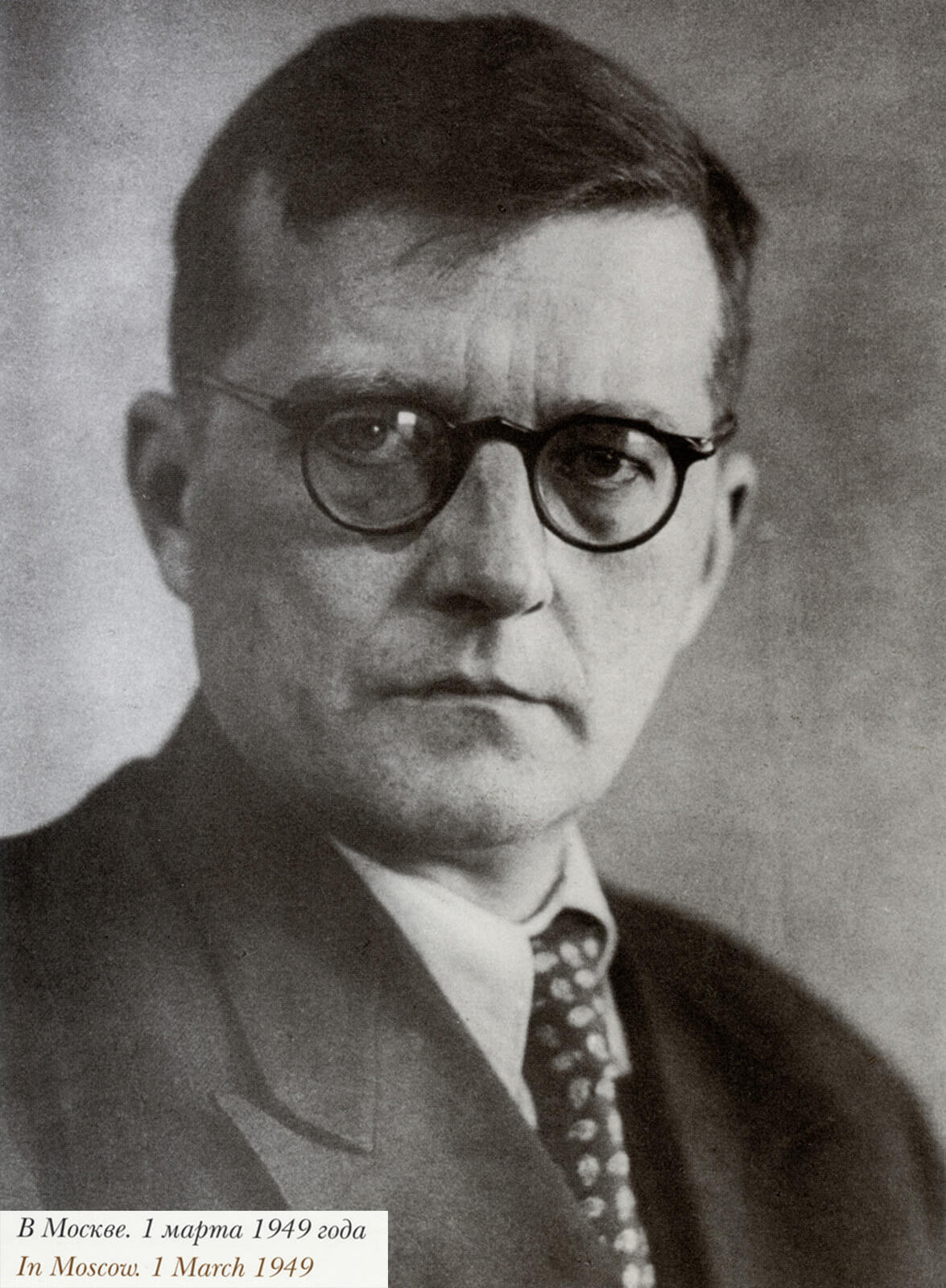 Our Internet portal is glad to announce the
Our Internet portal is glad to announce the